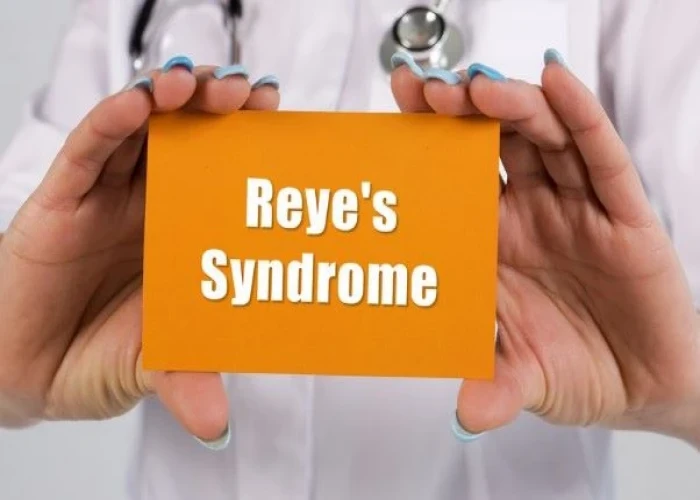 Welcome
Welcome
“May all be happy, may all be healed, may all be at peace and may no one ever suffer."
Reye's syndrome
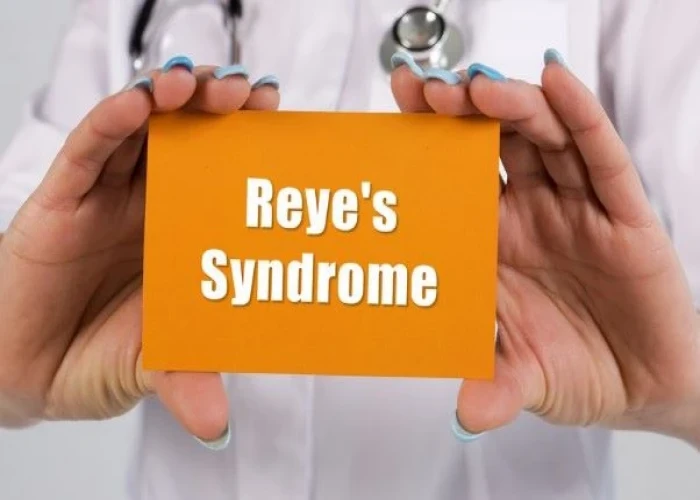
Reye's syndrome is a rare but serious condition that can occur in children and teenagers who are recovering from a viral infection, such as the flu or chickenpox. While the exact cause of Reye's syndrome is not fully understood, it is thought to be related to the use of aspirin during a viral infection.
Symptoms of Reye's syndrome can include nausea and vomiting, confusion, lethargy, seizures, and loss of consciousness. In severe cases, the condition can lead to swelling in the brain and liver failure.
Treatment for Reye's syndrome typically involves hospitalization and supportive care to manage symptoms, such as fluids and medications to control seizures. Aspirin and other medications that contain salicylates should be avoided in children and teenagers recovering from a viral infection, as these medications may increase the risk of developing Reye's syndrome.
While Reye's syndrome is a serious condition, it is also rare, and the vast majority of children and teenagers who recover from a viral infection do not develop the condition. It is important to follow guidelines for the safe use of medications during a viral infection and to seek medical attention promptly if symptoms of Reye's syndrome develop.
Research Papers
Disease Signs and Symptoms
- Inflammation of liver
- Seizures
- Weakness
- Confusion (Hallucinations)
- Rapid breathing
- Diarrhea
- Influenza
- Fever
- Headaches
- Personality or behavior changes
Disease Causes
Reye's syndrome
The exact cause of Reye's syndrome is unknown, although several factors may play a role in its development. Reye's syndrome seems to be triggered by using aspirin to treat a viral illness or infection — particularly flu (influenza) and chickenpox — in children and teenagers who have an underlying fatty acid oxidation disorder.
Fatty acid oxidation disorders are a group of inherited metabolic disorders in which the body is unable to break down fatty acids because an enzyme is missing or not working properly. A screening test is needed to determine if your child has a fatty acid oxidation disorder.
In some cases, the symptoms and signs of Reye's syndrome may be duplicated by an underlying metabolic condition unmasked by a viral illness. The most frequent of these rare disorders is medium-chain acyl-CoA dehydrogenase (MCAD) deficiency. Exposure to certain toxins — such as insecticides, herbicides and paint thinner — may produce symptoms similar to those of Reye's syndrome, but these toxins don't cause Reye's syndrome.
Disease Prevents
Reye's syndrome
Use caution when giving aspirin to children or teenagers. Though aspirin is approved for use in children older than age 3, children and teenagers recovering from chickenpox or flu-like symptoms should never take aspirin. This includes plain aspirin and medications that contain aspirin.
Some hospitals and medical facilities conduct newborn screenings for fatty acid oxidation disorders to determine which children are at greater risk of developing Reye's syndrome. Children with known fatty acid oxidation disorders should not take aspirin or aspirin-containing products.
Always check the label before you give your child medication, including over-the-counter products and alternative or herbal remedies. Aspirin can show up in some unexpected places, such as Alka-Seltzer.
Sometimes aspirin goes by other names, too, such as:
- Acetylsalicylic acid
- Acetylsalicylate
- Salicylic acid
- Salicylate
For the treatment of fever or pain related to the flu, chickenpox or another viral illness, consider giving your child infants' or children's over-the-counter fever and pain medications such as acetaminophen (Tylenol, others) or ibuprofen (Advil, Motrin, others) as a safer alternative to aspirin.
There's one caveat to the aspirin rule, however. Children and teenagers who have certain chronic diseases, such as Kawasaki disease, may need long-term treatment with drugs that contain aspirin.
If your child needs aspirin therapy, make sure his or her vaccines are current — including two doses of the varicella (chickenpox) vaccine and a yearly flu vaccine. Avoiding these two viral illnesses can help prevent Reye's syndrome.
Disease Treatments
Reye's syndrome is usually treated in the hospital. Severe cases may be treated in the intensive care unit. The hospital staff will closely monitor your child's blood pressure and other vital signs. Specific treatment may include:
- Intravenous fluids. Glucose and an electrolyte solution may be given through an intravenous (IV) line.
- Diuretics. These medications may be used to decrease intracranial pressure and increase fluid loss through urination.
- Medications to prevent bleeding. Bleeding due to liver abnormalities may require treatment with vitamin K, plasma and platelets.
- Cooling blankets. This intervention helps maintain internal body temperature at a safe level.
If your child has trouble breathing, he or she may need assistance from a breathing machine (ventilator).
Disease Diagnoses
Disease Allopathic Generics
Disease Ayurvedic Generics
Disease Homeopathic Generics
Disease yoga
Reye's syndrome and Learn More about Diseases

Back pain
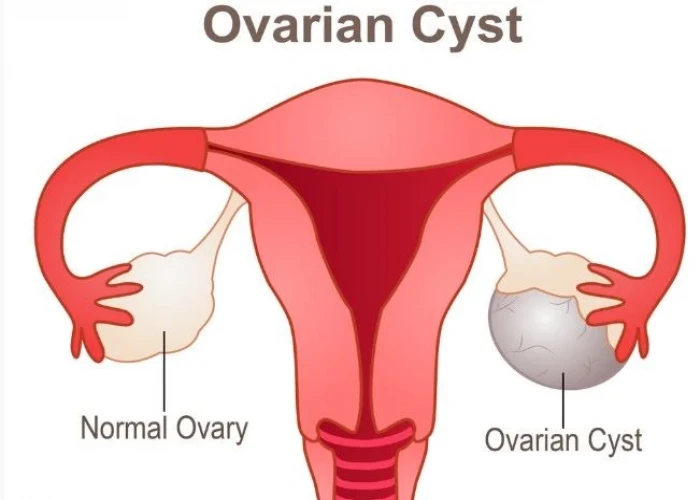
Ovarian cysts

Childhood schizophrenia

Skin cancer
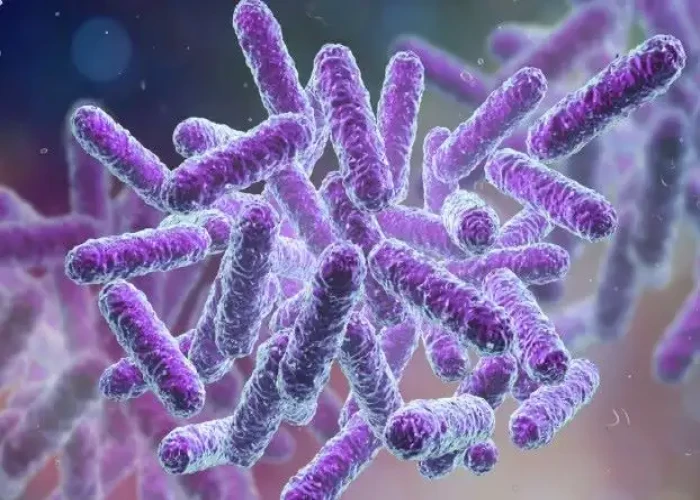
Salmonella infection
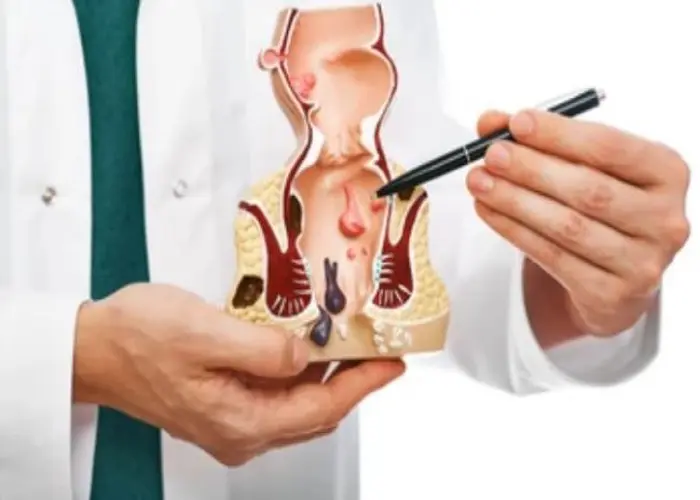
Anal fistula
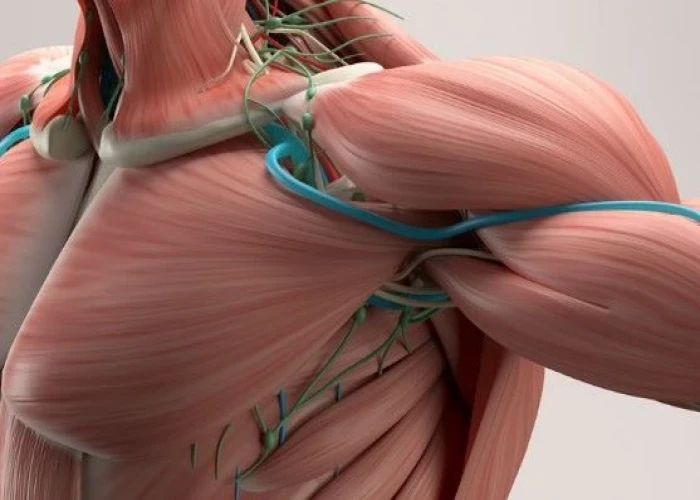
Pseudocholinesterase deficiency

Peripheral neuropathy
reye's syndrome, রেয়ের সিনড্রোম
To be happy, beautiful, healthy, wealthy, hale and long-lived stay with DM3S.
